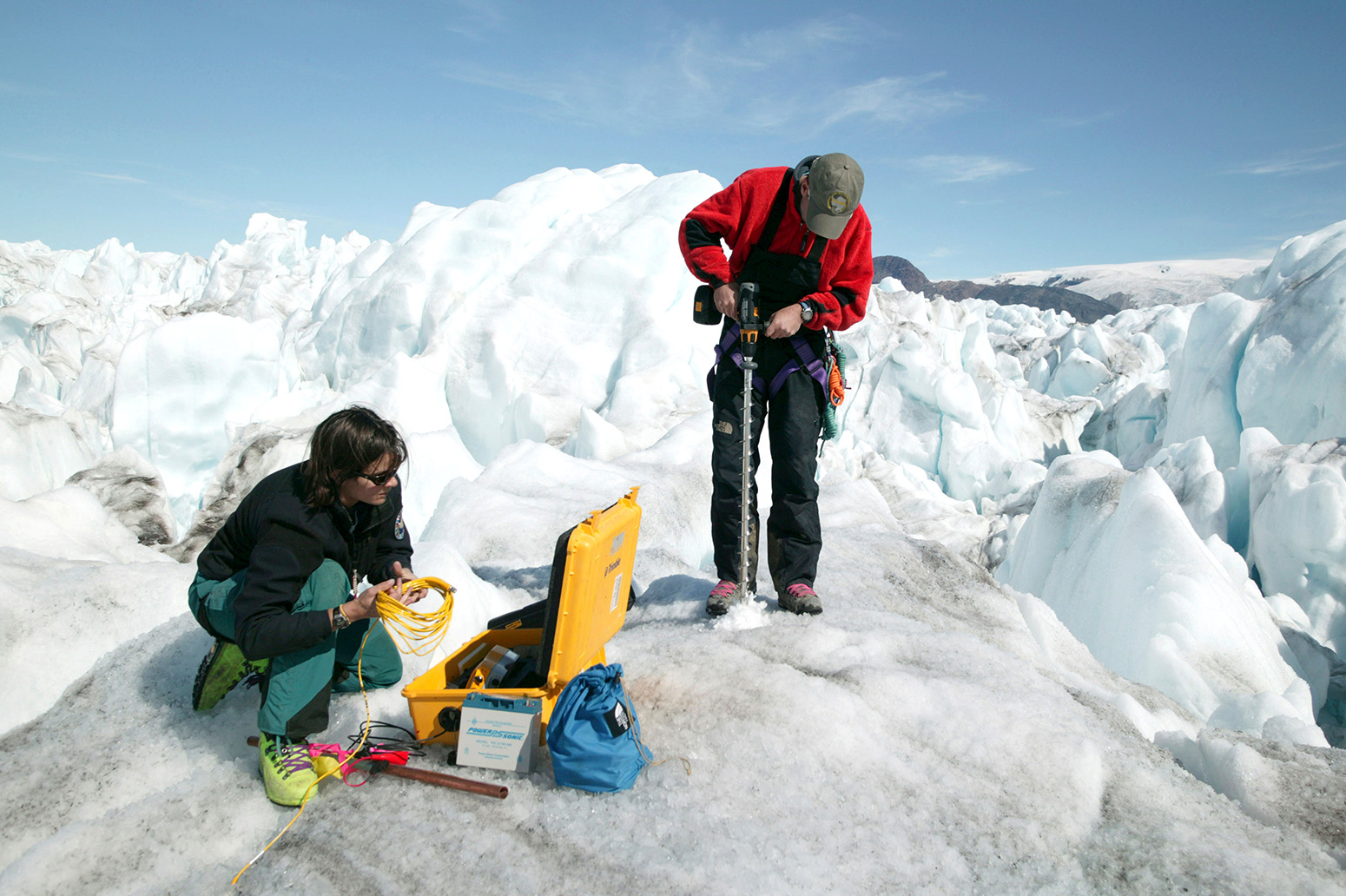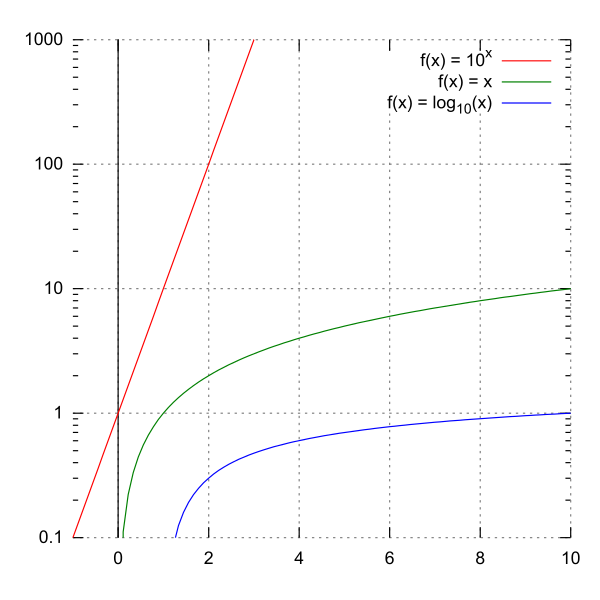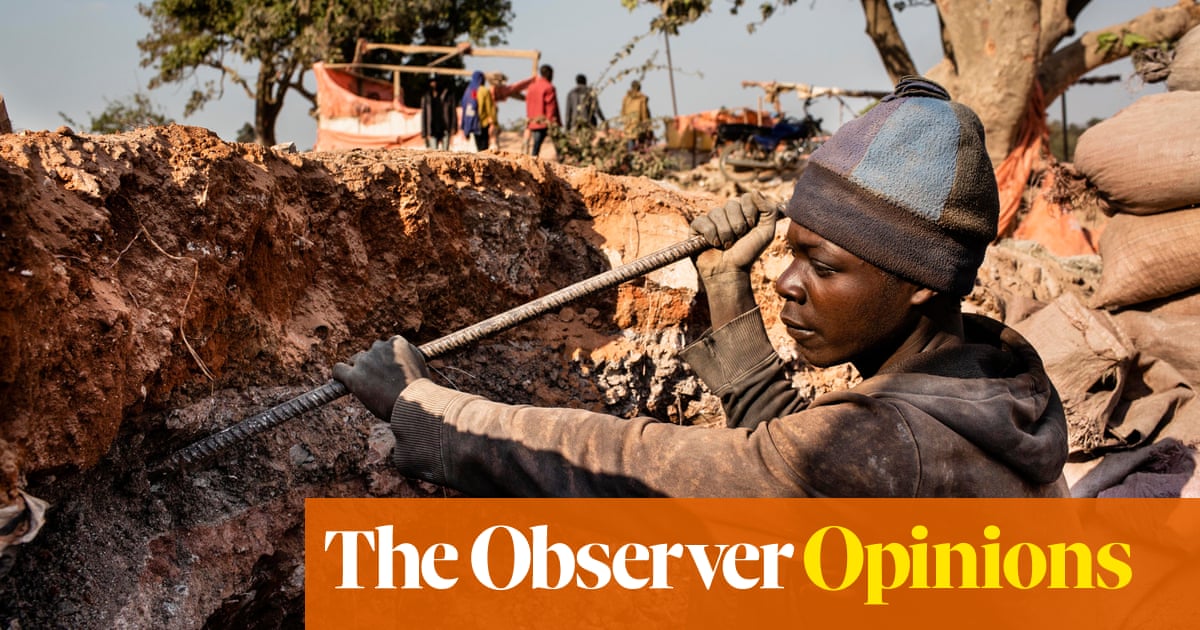The climate change hypothesis is not just a simple 'As CO2 increases so does the Temp', it adds to this Feedbacks which it states are positive (warming of the tundra releasing methane another greenhouse gas as an example). By positive they mean for every 1C of increase from CO2 then there are other processes set off that amplify the increase from CO2 alone increasing on the 1C. The technical term is climate sensitivity.
This hypothesis was in the first 1990 IPCC report is unchanged in the models to this day and predicts 3C in a century per doubling of CO2.
Science works by stating a hypothesis, making a prediction and then running experiments to test the prediction.
So we have the models making predictions giving an average of 3C per century based on doubling of CO2 and this is also the measured current trajectory of CO2 increase. Put differently this is 0.3C per decade.
The experiment is the real world average temperature increase since 1990. According to the climate models this should be 0.9C. However the 2 satellite databases are showing an increase of only 0.4C over this same time period.
So the full IPCC climate hypothesis that drives Net Zero is unproven and after 30 odd years needs rewritten.
The current values of climate sensitivity entered into the models is too high. If you take the 0.4C and work backwards you get a climate sensitivity just over 1 instead of the 2 to 3 values currently used in the models.
Take the current models and change the sensitivity to just over 1 and the output matches the last 30 years increase and then shows a total increase of 1.5C (so 1.1C to go) before the warming runs out.
Why does the warming stop after 1.5C, well the effect of C02 when it increases from 280ppm to 560ppm is the same as 560ppm to 1120ppm and 1120ppm to 2240ppm. Its logarithmic and the increase eventually stops having any effect at all. See the blue or green lines.
So this revised model output shows that CO2 increases are in fact beneficial, after the little ice age we needed the warming and a bit of insurance against the next ice age cannot be bad. Without all the doom loops and tipping points the warming stops at the end of the century and cannot progress much further as fossil fuels will be running out. So we need alternative energy sources but not in the same timescale as the IPCC state and not at the expense of our living standards in the West or the drive for poorer countries to pull themselves up to the same standards.
So extra CO2 does increase temps but not in an alarming or destructive manner.











